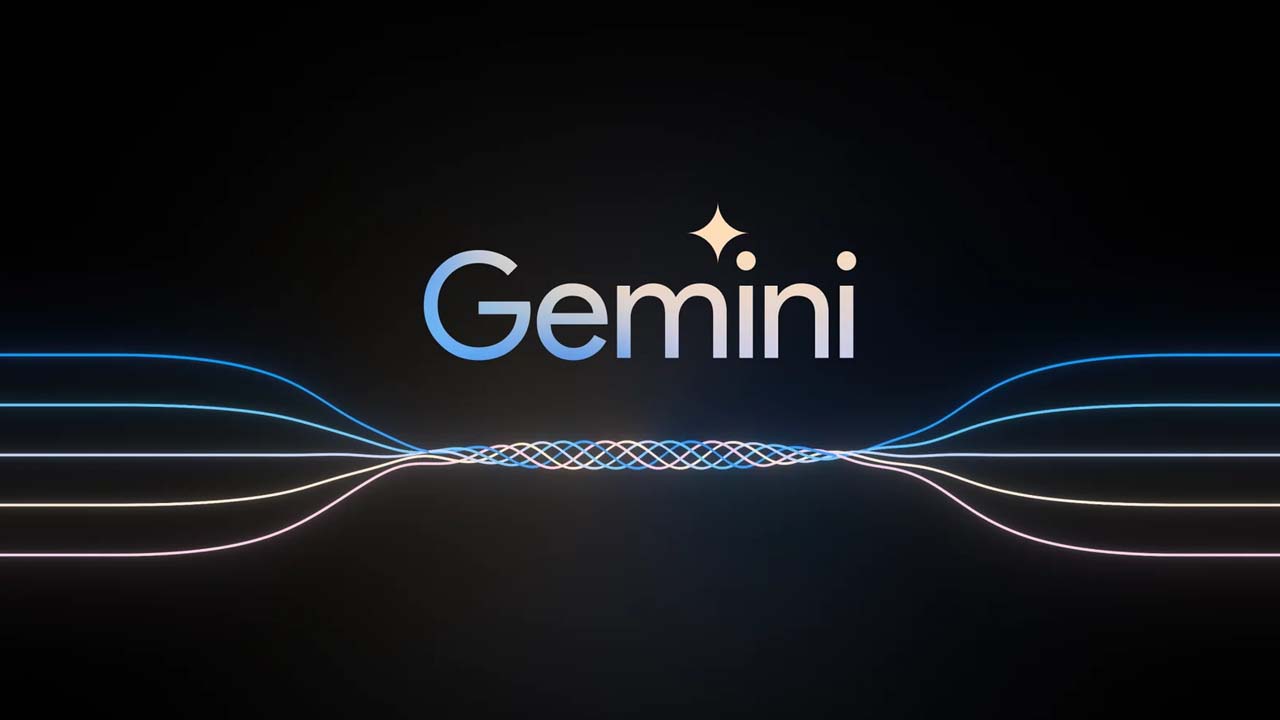Enterprise
Dell Technologies aims to shape next generation of tech talent in Singapore
Together with four Institutes of Higher Learning

Dell Technologies has just announced a joint commitment with four Institutes of Higher Learning (IHLs) to enhance the pre-employment training curriculum for over 5,000 tertiary students in Singapore over the next two years.
The program seeks to build and attract a robust talent pipeline for the local information and communications technology (ICT) sector by equipping the students with industry-relevant skills.
Together with Singapore Institute of Technology (SIT), Singapore Management University (SMU), Ngee Ann Polytechnic (NP) and Singapore Polytechnic (SP), Dell Technologies will co-develop new content for curriculum modules, specialist diplomas, and degree courses focused on critical core skills tied to new and emerging technologies such as cloud computing, data analytics, the Internet of Things (IoT) and digital cities management.
These key skills were identified based on industry needs — through feedback from Dell Technologies and its partners and customers — and align with the Infocomm Media Development Authority’s (IMDA) Services 4.0 roadmap, which envisions the future of services using emerging technologies in a digital economy.
Delivered by Dell Technologies Academy, the launch of this new initiative between Dell Technologies and the four IHLs was witnessed today by Mr. Tan Kiat How, Minister of State, Ministry of Communications & Information at Dell Technologies Executive Briefing Solution Centre at One@Changi City.
The program comes under the Dell Technologies Digital Future — Made in Singapore umbrella, which aims to fast-track the adoption of future-ready digital solutions and drive innovations in Singapore for partners and customers globally.
“The Government is committed to developing our youths to seize the exciting opportunities in the digital economy, which has grown despite the economic contractions elsewhere. Industry partners such as Dell Technologies play a key role in translating this growth into good opportunities for Singaporeans, especially in the area of emerging technologies. We look forward to more of such partnerships, that really bring the possibilities of technology to life,” said Minister of State Mr. Tan Kiat How, Minister of State, Ministry of Communications & Information.
“Dell Technologies is committed to collaborating with the Singapore government and the tertiary education institutions to help shape the next generation of tech talent. Together, we can help drive human progress with technology, values, and purpose,” said Amit Midha, President, Asia Pacific & Japan, and Global Digital Cities, Dell Technologies.
“Under our Digital Future – Made in Singapore initiative, our strategic partnerships with Singapore Institute of Technology, Singapore Management University, Ngee Ann Polytechnic, and Singapore Polytechnic will enhance the overall tech learning curriculum for students, uplift the ICT and cloud-native ecosystem in Singapore and advance the skills and employability of our future workforce. We will continue to build on these partnerships and are open to forge new ones to expand on the growing tech ecosystem.”
Access to curated courses on cloud and dedicated mentorship
Dell Technologies will work closely with the IHL professors and lecturers, offering customized tech expertise and consultation to aid in curriculum planning and curate cloud-native content to be included in students’ learning curriculum. Beyond curriculum design, students can benefit from Dell Technologies industry experts’ insights, and mentorship will also be offered to students as they navigate final year projects and industry attachments.
Students can look forward to immersing themselves in the latest emerging technologies and industry-relevant content such as DevOps, microservices, cloud-native security, containers, and Kubernetes. They will also get opportunities for hands-on experience via lab tutorial projects that highlight the importance and complexity of managing applications in an enterprise environment.
With the current hybrid education model, students from the four IHLs will be granted access to a suite of self-guided e-learning courses via Dell Technologies’ digital learning platform. These courses are designed to provide students with practical tech knowledge and skills that are in demand by the ICT sector, enhancing their employability and providing a head start to their future technology careers.
An ongoing effort to nurture the tech talent pool
The latest collaboration with the four IHLs is an extension of Dell Technologies’ tech skills accelerator initiative announced in February 2021, which aims to equip fresh graduates, mid-career professionals, and students in Singapore with practical knowledge and skills in cloud computing, data protection and management, data science and big data analytics by 2023.
Beyond students, Dell Technologies continues to work with its network of partners and customers to support mid-career professionals with skills training and enhancement for the data era, through its Dell Technologies Skills Up program.
“Being part of the Dell Technologies Skills Up program gave our employees the chance to be trained in core critical skills such as Cloud Infrastructure and Data Analytics. ST Engineering believes in the continual learning and upskilling of our employees. In 2021, employees from Mission Software & Services have accumulated over 800 hours of training under this program. This is especially critical in the fast-changing and dynamic digital landscape. We seek to work with strong, like-minded partners like Dell Technologies, and invest in the growth of our digital talent.” said Rajagopal, Senior Vice President/General Manager, Mission Software & Services, ST Engineering.
This is a press release from Dell Technologies Singapore.


The ongoing trade war between the United States and China is putting a lot of companies out of business in one country. While all eyes are currently on America’s crusade against TikTok, China has launched a salvo of its own. The country has started banning AMD and Intel, starting with government devices.
Recently, as reported by the Financial Times, China has introduced a new rule that bans American chipsets and servers from government agencies. The new ban includes AMD, Intel, and Microsoft Windows.
In lieu of the now-banned brands, Chinese government agencies must use approved brands from a list of 18 Chinese manufacturers. Unsurprisingly, the list includes Huawei, another brand involved in the ongoing trade war. (Huawei is still banned on American soil.)
As with bans from America, China’s latest rules stem from a desire to implement national security. Both countries allege that using brands from the opposing side will open a potential avenue for transferring classified information.
Currently, the ban against the American chipsets are only affecting government devices. However, if it follows the same trajectory as Huawei and TikTok in the United States, a government-only ban might soon lead to an all-out ban on consumer devices. As TikTok is currently hanging in the balance, it’s unlikely that the trade wars will cool down anytime soon.

So far, Apple’s greatest enemy has been the European Union. Months and months of claiming that the company engages in anti-competitive practices, the region has successfully caused Apple to drastically change a lot of things about the iPhone including the Lightning cable. Now, a new challenger wants Apple to answer for its supposed grip on the industry: the United States government.
Today, the Department of Justice is officially suing Apple for supposedly monopolizing the smartphone industry and stifling competition. The lawsuit alleges that Apple’s lineup of products prevent users from trying out other brands. For example, Apple limits how well a third-party smartwatch works on an iPhone, pushing users to go for an Apple Watch instead.
The lawsuit also includes an important pain point in Apple’s fight in Europe. It says that the company makes it difficult for iPhone users to communicate with Android users (and vice versa). Late last year, the company already committed to supporting RCS as a messaging standard, finally easing communication between the two systems. Their adoption has yet to arrive, though.
Though not as stringent as Europe, the American government is no slouch when it comes to questioning its own companies for pursuing anti-competitive practices. In the past, it went through Google and Spotify to protect the interests of its citizens. The lawsuit against Apple is no different, gathering signatures from sixteen states.
For Apple’s part, the company aims to get the case dismissed, alleging the lawsuit’s unfair scope of just the American people when it targets the entire world.
SEE ALSO: Apple opens first Developer Center in Southeast Asia

With how technology is these days, it’s no surprise that the next big thing is always just over the horizon. However, these developments often happen year after year. Today, artificial intelligence is strapping a rocket to this already fast trend. Only a few months since the launch of Gemini, Google has already launched its successor, Gemini 1.5.
Launched only recently, Gemini is a marvel in itself. Prior to the model, Google was already a force in the AI world with Bard. Gemini takes the former model and improves an already impressive service. Currently, users — both in business and for personal use — can subscribe to the service.
Today, Google has confirmed that Gemini 1.5 is official. The company is touting how much more impressive the new version is, compared to its predecessor. For one, Gemini 1.5 Pro is just as powerful as the current Gemini Ultra, beating the latter on 87 percent of tests. The new version is reportedly more efficient in allocating only the necessary resources for queries, rather than the entire model.
Despite allocating resources, Gemini 1.5 can handle a million tokens at a time. For reference, Gemini Pro can only handle 32,000 tokens at a time. Basically, the new version can parse through a humungous chunk of data all at once without batting a digital eye. (Google is claiming that capabilities for 10 million tokens is nearing, too.)
If you want to see what a million tokens in the palm of your hand feels like, Gemini 1.5 is already available for developers and business users. However, a wider rollout is still coming soon.
-

 Accessories2 weeks ago
Accessories2 weeks agoApple Vision Pro Review: Two Months Later
-

 Features5 days ago
Features5 days agoFortify your home office or business setup with these devices
-

 Gaming1 week ago
Gaming1 week agoThe Rogue Prince of Persia looks like an ultra-colorful roguelite
-

 Philippines2 weeks ago
Philippines2 weeks agovivo Y100 to release in Philippines on April 27
-

 Gaming1 week ago
Gaming1 week agoStar Wars Outlaws release date revealed
-

 Events1 week ago
Events1 week agoStellar Blade: PlayStation taps cosplayers to play Eve for game’s launch
-

 Accessories1 week ago
Accessories1 week agoLogitech unveils G Pro X 60 gaming keyboard: Price, details
-

 Deals2 weeks ago
Deals2 weeks agoSamsung Awesome April: Deals on Galaxy A series


























